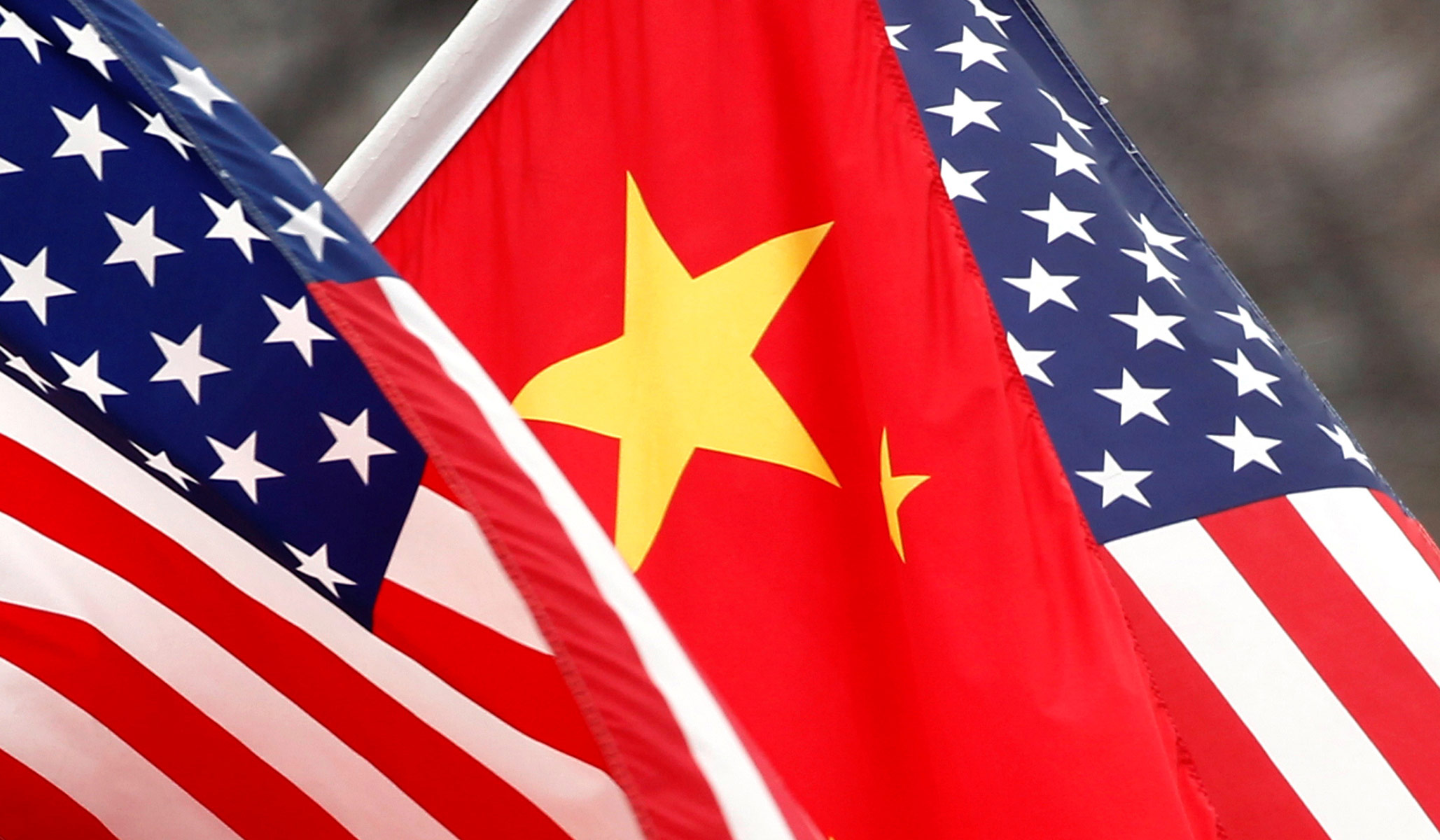


A group with well-documented ties to Chinese government influence organs is using a new survey on the well-being and needs of Chinese Americans to position itself as a prominent voice of the community. It’s also urging people not to use “derogatory rhetoric” about the U.S.–China relationship, apparently linking criticism of Beijing to the well-being of Asian Americans.
That group, the Committee of 100, worked with Columbia University’s School of Social Work to put together the year-long project “that looked at the health, economic, and sociopolitical conditions of today’s Chinese American population,” per an April 27 press release on the survey. The survey is designed to shape how policy-makers approach some key questions, presumably for public discussions surrounding Asian American Heritage month, in May. The release states: “Collecting disaggregated, accurate and comprehensive data on Chinese Americans will help inform policymakers and the public on the diverse set of opinions, perceptions, and needs of Chinese Americans across the country. This will enable key decision-makers to develop timely and responsive policies, programs, and services to address those needs.”
Numerous Committee of 100 leaders have held eyebrow-raising ties to Chinese-government influence organs. In 2020, Newsweek reported that former Committee of 100 chairman H. Roger Wang held an affiliation as honorary chairman of a city-level branch of an entity within the United Front Work Department, the Chinese Communist Party’s main influence bureau. The outlet also reported that he praised Beijing’s Belt and Road Initiative in an interview with China Daily. Another member, Ronnie Chen, also serves on the board of the China-U.S. Exchange Foundation — a group registered with the Justice Department as a foreign agent and whose founder serves on the United Front’s main convening body.
Already, some media outlets have covered the survey without mentioning the Committee’s apparent leanings and connections.
But its biases have shaped the project’s findings. In addition to capturing Chinese Americans’ concerns about racial discrimination and hate crimes, the survey and an accompanying analysis offer political prescriptions. One of these is to “actively discourage and speak up against usage of inflammatory and derogatory language in discussion of U.S.-China relations, which has a direct and negative impact on the lives of Chinese Americans.” It’s not immediately clear what “inflammatory and derogatory rhetoric” refers to here, but context would suggest that this is an instruction to tone down criticism of the Chinese government.
And while the project offers a comprehensive analysis of a number of factors, it doesn’t mention the Chinese government’s harassment of overseas Chinese, as well as Americans of Chinese descent, in the U.S. That sort of transnational repression — featuring attempts by the Chinese regime to illegally force the return of people on U.S. soil to China and intimidation to silence critics — has spiked over the past few years, the FBI has said.
The skewed framing of the survey would not surprise the Committee of 100’s numerous critics. They have argued for years that the group accommodates Beijing’s line on numerous issues. In a 2019 column, Mark Simon, the long-standing adviser to Hong Kong pro-democracy leader Jimmy Lai, castigated the group’s refusal to take any positions that criticize the Chinese government.
“The Committee of 100 is a pro-Beijing group, concerned almost exclusively with the interests aligned with those of the Chinese Communist Party. In all their discussions about the US-China relationship try to find any significant objection to the actions of the CCP. You won’t,” he wrote.
In 2022, for instance, the Committee of 100 involved itself directly in a California congressional race, criticizing Representative Michelle Steel for calling out her Democratic opponent’s previous support of Chinese-government-backed “Confucius Classrooms.” The Committee of 100 characterized Steel’s attacks as “racist” and the sort of rhetoric that has fomented anti-Asian hate crimes.
What’s also telling is the involvement of some entities in the project. One China-U.S. Education Foundation grantee, the George H. W. Bush Foundation for U.S.-China Relations, is listed as one of over 100 organizations that assisted with the project. Another survey partner is the U.S. Heartland China Association, which has repeatedly collaborated with the Chinese People’s Association for Friendship with Foreign Countries — a group the State Department labeled as a United Front organ in 2020.
The Committee of 100 wants news outlets to write about its survey, and for politicians to act on its findings, without mentioning its own questionable relationships. Many have already overlooked this, and others will follow. But that’s a mistake.
